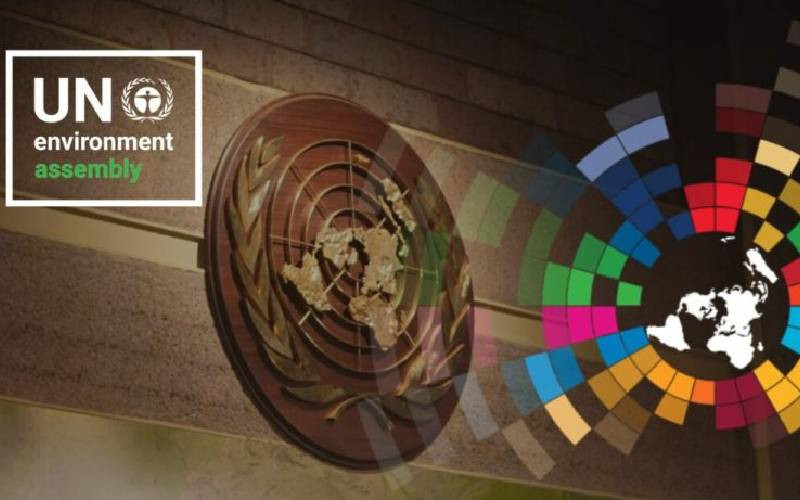
Audio By Vocalize

Global leaders, scientists, and representatives from civil society and businesses from around the world are gathering in Nairobi, Kenya, from 26 February to 1 March 2024, for the sixth session of the United Nations Environment Assembly (UNEA-6).
Here is what you need to know about UNEA-6.
What is UNEA?
UNEA is the world's highest environmental decision-making body on the environment and includes all 193 Member States of the UN. It meets every two years to set the global environmental agenda, provide overarching policy guidance and define policy responses to address emerging environmental challenges. UNEA sessions serve as a forum and a decision-making body. The world's governments, the scientific community and the private sector, discuss the most pressing global environmental issues. Then, through its resolutions, decisions and calls to action, the Assembly addresses those challenges.
Why does UNEA matter?
UNEA has the unique authority to address challenges arising from the triple planetary crisis driving poverty and inequality, undermining achievement of the Sustainable Development Goals, and threatening our future as a species. UNEA's other major strength is that it does not just focus on one aspect of the environment. It cuts across issues, sectors and regions and aims for broader, more holistic solutions.
What can we expect from UNEA 6?
UNEA 6 will be held at UNEP headquarters, under the theme "Effective, inclusive and sustainable multilateral actions to tackle climate change, biodiversity loss and pollution." UNEP has identified six issues the Assembly may address. Chief among them is the implementation of the Kunming Montreal Global Biodiversity Framework, a landmark accord finalized in December 2022 that is designed to protect and revive the natural world. The other focus areas proposed by UNEP include water security, the sustainable use of minerals and pollution from nutrients, especially phosphorus.
What recent environmental gains will UNEA-6 focus on?
UNEA will include a focus on two important agreements. One is the historic Global Biodiversity Framework, and the other is a breakthrough agreement inked at last year's UN Climate Change Conference that covered loss and damage funding for countries hit hard by the climate crisis. These were two much-needed wins for the environment and showed that multilateralism is possible despite the after-effects of COVID-19 and rising socio-political tensions.